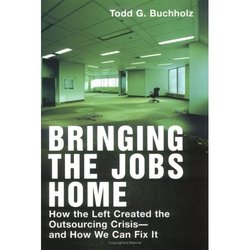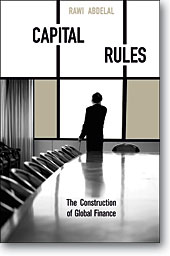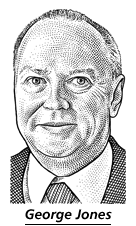When an innovator is overlooked or an innovation misrepresented it is not simply a question of equity; it distorts our perception of the essence of innovation and the essential qualities of an innovator. It clouds our perception of what it takes to survive in global competition.
The individual dominates the story of American innovation and is insufficiently honored in our histories — to say nothing of the abysmal history courses in schools and colleges. Only recently did Columbia University honor Armstrong with a plaque in his laboratory, and Rutgers University is still short of funds to catalog properly the immeasurable riches of Thomas Edison’s papers — all five million pages of them.
The research departments of major corporations have not been unproductive — one thinks of the Bell Labs for the transistor and today Monsanto in biotechnology — but can anyone have had more impact on our world than the 23-year-old trucker who got frustrated at the day he spent on the noisy pier in Hoboken, N.J., waiting to have his cotton bales unloaded from his truck, loaded onto the cargo ship, and then unloaded and loaded again at the other end?
For nearly 20 years, Malcom McLean did nothing about his inspiration that it would have saved everyone a lot of time and trouble if he had just been able to drive his truck on to the ship. Why didn’t anybody facilitate that before he organized the sailing of the Ideal X from Port Newark, N.J., on April 26, 1956? Might as well ask why it took us so long to put wheels on luggage.
For the full commentary, see:
HAROLD EVANS. "The American Way." The Wall Street Journal (Sat., February 17, 2007): A9.
Evans is the author of a huge, very interesting book:
Evans, Harold. They Made America: Two Centuries of Innovators from the Steam Engine to the Search Engine. New York: Little, Brown and Co., 2004.



 Source of book graphic:
Source of book graphic: 







 Photo on left is a Borders store; image on right is of Borders CEO George Jones. Source of photo and image: online version of the WSJ article cited above.
Photo on left is a Borders store; image on right is of Borders CEO George Jones. Source of photo and image: online version of the WSJ article cited above.